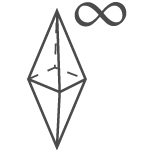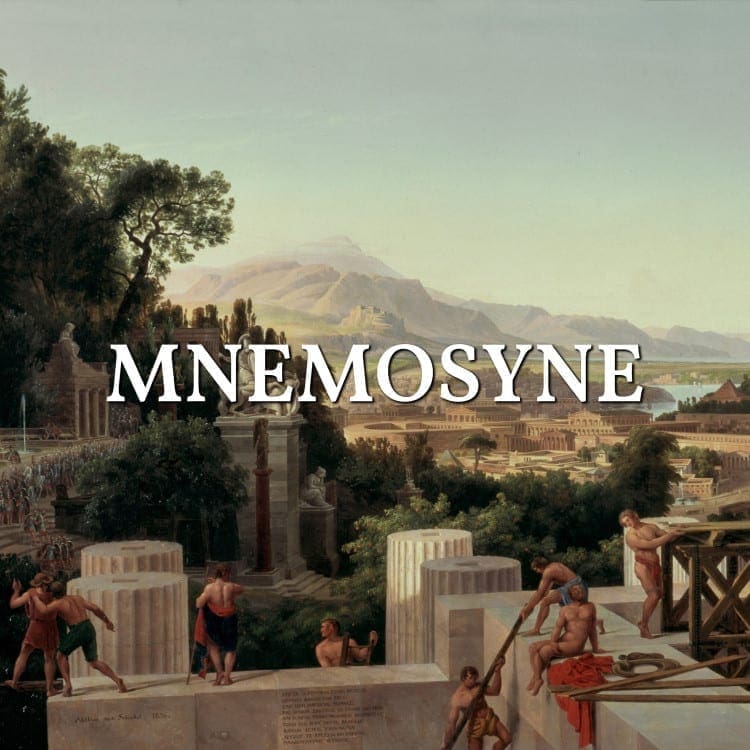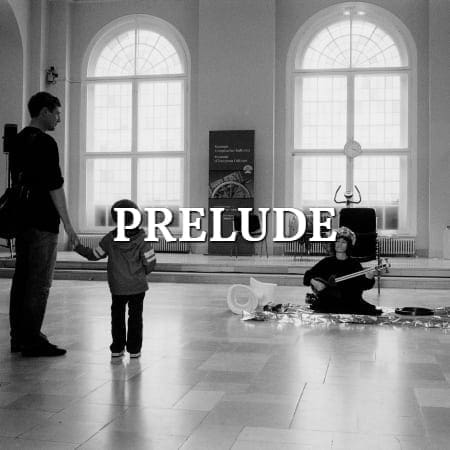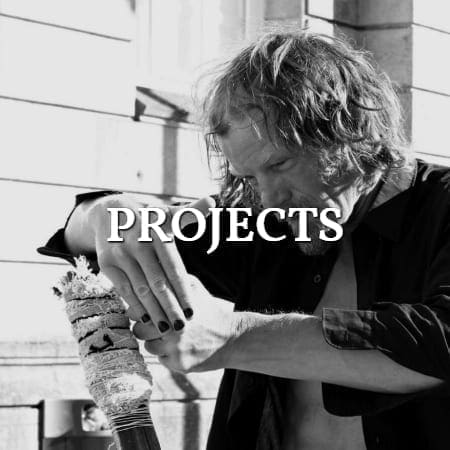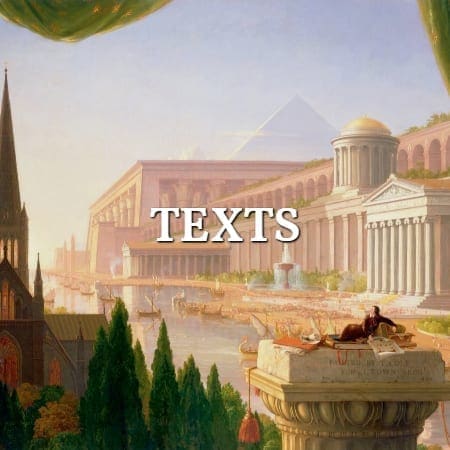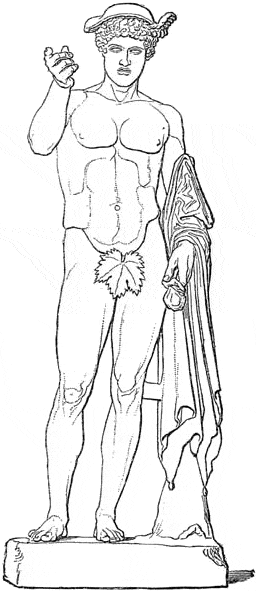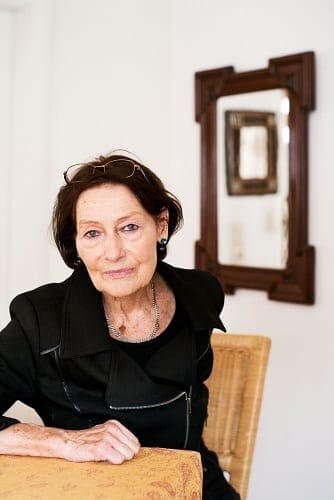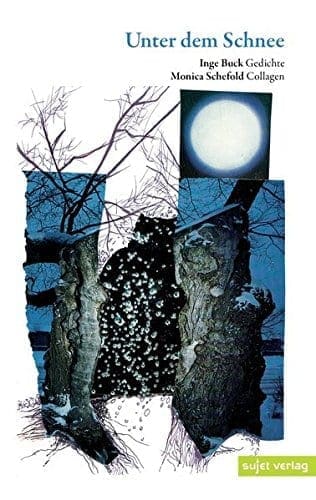As a parliamentarian and Vice President of the Culture Committee in the European Parliament, I would hereby like to express my support for the project Mnemosyne. In Search of the European Identity. Mnemosyne wishes to strengthen a common European cultural consciousness and opens a new field of discussion regarding Europe's politics of remembrance. Without a clear conception of one's own past, without a common memory culture, Europe cannot possibly develop a common identity. Exploring this multifaceted and many-voiced past in a multimedia project seems to me more crucial than ever these days, when centrifugal powers are threatening the European freedom project.
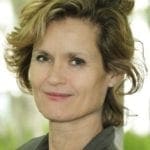
Dr. Helga Trüpel
is a parliamentarian and Vice-President of the Committee on Culture and Education in the European Parliament.
Searching for identity is nowadays more of a European task than ever before! In this respect, all the regions with their different (hi)stories, along with the continent‘s commonality, have contributions to make. First and foremost, it is a matter of finding Europe's role for itself, as well as in its global responsibility. Personally, I consider times of crisis offer us a chance, for a crisis involves assessing and deciding. This is best done, however, by confronting the object of our desire – Europe – in an appropriate way. Support of any kind is vital, for it is quite simply a matter of the part of the world with which we have been entrusted.
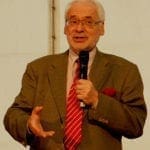
Dr. Erhard Busek
is the former Vice-Chancellor of Austria. The lawyer and award winner of the St.-Anna-Prize “for special merits for the intellectual and cultural reunion of the countries of Central Europe” is currently Chair of the Board of the Danube and Central Europe. Since 2012, he has also been Honorary President of the European Forum Alpbach. Erhard Busek is a member of the Advisory Board of the pan-European initiative “A Soul for Europe”.
On various occasions critics have described my work in the theater as "avant-garde". But what I am doing is not new: it is theme and variation; a time/space construction. There might not be a story or narrative, but the structure is classical. The avant-garde is always rediscovering the classics.
We learn about the nature of a society through the individual, and we learn about the nature of the individual from the works of art. Artists are the diaries and the records of our time.
If we lose our culture, we lose our memory.

Robert Wilson
is an American experimental theater stage director and playwright who has been described by the media as "America's – or even the world's – foremost avant-garde 'theater artist'".
‘We have to give Europe a soul!’, said Jacques Delors, former President of the Commission. What is the soul on this continent? It is certainly not the large economic market, which has been established during the past decades. That is important, but does not touch the innermost feelings and yearnings of the people. Europe lives on its rich culture and its long and eventful history. Creating an awareness of this memory and also clarifying the cross-border nature of European culture, is a central task for many levels of politics and society. I therefore greatly welcome the fact that, with the project Mnemosyne. In Search of the European Identity, a very fundamental approach has been chosen to establish a starting point for this European cultural and historical narrative in the 8000-year-old city of Plovdiv. As President of the European Movement International (EMI), Europe’s largest pro-European civil society organisation, which acts across borders to bring nations together for the greater European good, I sincerely wish this project all the success in the world.

Josef „Jo“ Leinen
is a German politician and has been a Member of the European Parliament since 1999. He has been President of the International European Movement (EMI) since November 2011. Leinen became known around 1980 as the spokesperson for the Anti-nuclear and Peace movements. He is a member of the Committee of the Europa-Union in Germany, was President of the Union of European Federalists from 1997 to 2005, and is a member of the Europa-Union parliamentary group in the European Parliament.
In Europe, history and a vision of the future are very closely linked. Europe‘s promise revolves around two decisive transformations:
1. From war to peace – from European history we learn that erstwhile mortal enemies become peacefully coexisting and closely cooperating neighbours.
2. From coercion to freedom – from European history we learn that dictatorships can become democracies.
In order to safeguard these values, the EU‘s indifferent phase must be followed by a phase of revival, emotion, renewal and engagement. The project Mnemosyne. In Search of the European Identity is heading in precisely this direction. We therefore support it wholeheartedly.
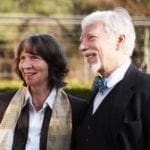
Prof. Dr. Aleida Assmann & Prof. Dr. em. Jan Assmann
coined the term “Cultural Memory”, which became a guiding concept of cultural sciences and general academic research. They are rated among the world‘s most significant memory theorists and most renowned intellectuals.
The European identity is nothing abstract, but rather a vivid interaction and synthesis of both the cultural and common historical experiences of all European states. European cultural policy should therefore create opportunities for all identities to express themselves. Only thus do mutual understanding and respect arise. European culture‘s significance lies in its variety; this diversity, which constitutes Europe, is reflected in regional and national characteristics in music, art, literature and languages. It is also reflected in our handling of our respective histories.
The multimedia project Mnemosyne. In Search of the European Identity can make this tangible! We need this reflection on Europe‘s soul now more than ever before.
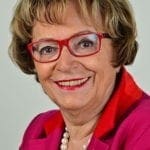
Dr. Doris Pack
was a member of the European Parliament from 1989 to 2014. Between 2009 and 2014 she was Chair of the Committee on Culture and Education in the European Parliament, and a member of the South-East Europe Delegation (formerly known as the Yugoslavia Delegation), which she headed until 2009. She is Chair of the Franco-German Foundation for Cultural Cooperation and of the European Children‘s and Young People‘s Book Fair Association, President of the Robert-Schuman-Institute in Budapest, General Secretary of the German-French Cultural Council and coordinator of the European Parliament‘s LUX film prize, among other things. Doris Pack is Vice-Chair of the Advisory Board of the pan-European initiative “A Soul for Europe”.
